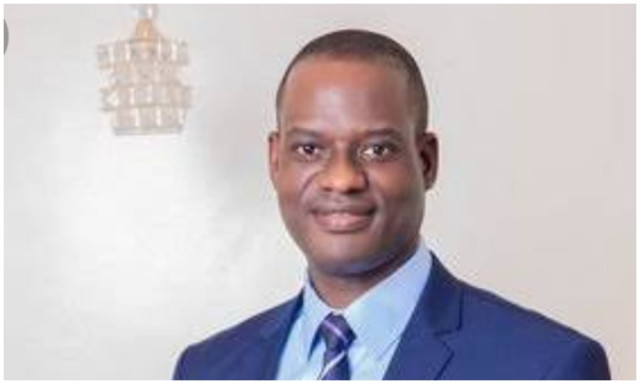The Chairman of the Presidential Fiscal Policy and Tax Reforms Committee, Taiwo Oyedele, revealed that Nigeria currently allocates less than 50% of its revenue to debt servicing.
Speaking as the keynote speaker at PwC’s Executive Summit on Nigeria’s Tax Reform, themed “The New Tax Era: What Nigeria’s Tax Reform Means to Individuals and Businesses,” in Lagos on Monday, Oyedele noted that the government was previously using nearly 97% of its revenue for debt servicing prior to the economic reforms.
He stated, “We’ve cleared unmet forex futures exceeding $7 billion and increased our external reserves from under $4 billion to over $20 billion today.
The budget deficit is decreasing, and we are investing more in infrastructure. The tax-to-GDP ratio has risen from below 10% to 13.5% in two years. Instead of 97%, our debt servicing is now below 50%.
We have stopped printing money for expenditure and have reduced part of the ways and means that the prior administration had issued.”
Oyedele asserted that without the ongoing economic reforms, Nigeria's currency could have become valueless, resembling the economic collapse experienced by Zimbabwe and Venezuela.
He explained, “Without reforms, Nigeria would have faced greater deficits and more naira printed, resulting in over $10 billion in unmet forwards and a tax-to-GDP ratio below 10%.
We would have ended up spending more than 100% of our revenue on debt servicing, causing a shortage of PMS (Premium Motor Spirit) and a rise in poverty.”
He shared an example from Zimbabwe, presenting a 100 trillion Zimbabwean dollar banknote that, at the time he acquired it, was barely enough to purchase a loaf of bread.
Admitting that Nigeria could have been a $1 trillion economy today had the reforms been initiated a decade earlier, he emphasized that if certain reforms enacted in the past two years had been applied ten years ago, Nigeria’s economy would have flourished and the price of PMS would have been under N300 per liter.
Oyedele criticized the government's substantial expenditures on fuel subsidies, debt servicing, and excessive naira printing, explaining that the subsidy regime would have collapsed if maintained.
He reiterated the concern over corruption within the subsidy system.
He also revealed that only 3% of operators in the informal sector are capable of paying taxes and advocated giving the remaining 97% a breathing space until they can afford to pay taxes.
He concluded that the country’s tax system is now progressive, and the recent tax law is being finalized for public release after President Bola Tinubu signed four bills into law on June 26, effective from January 1, 2026.
The Regional Senior Partner at PwC West Market Area, Sam Abu, highlighted the need for collaboration among stakeholders to ensure successful reform implementation, while Partner and Tax and Regulatory Service Leader Chijioke Uwaegbute detailed significant changes in the new tax law, including the taxation of foreign entities managed from Nigeria and rules regarding indirect transfers of shares.




















